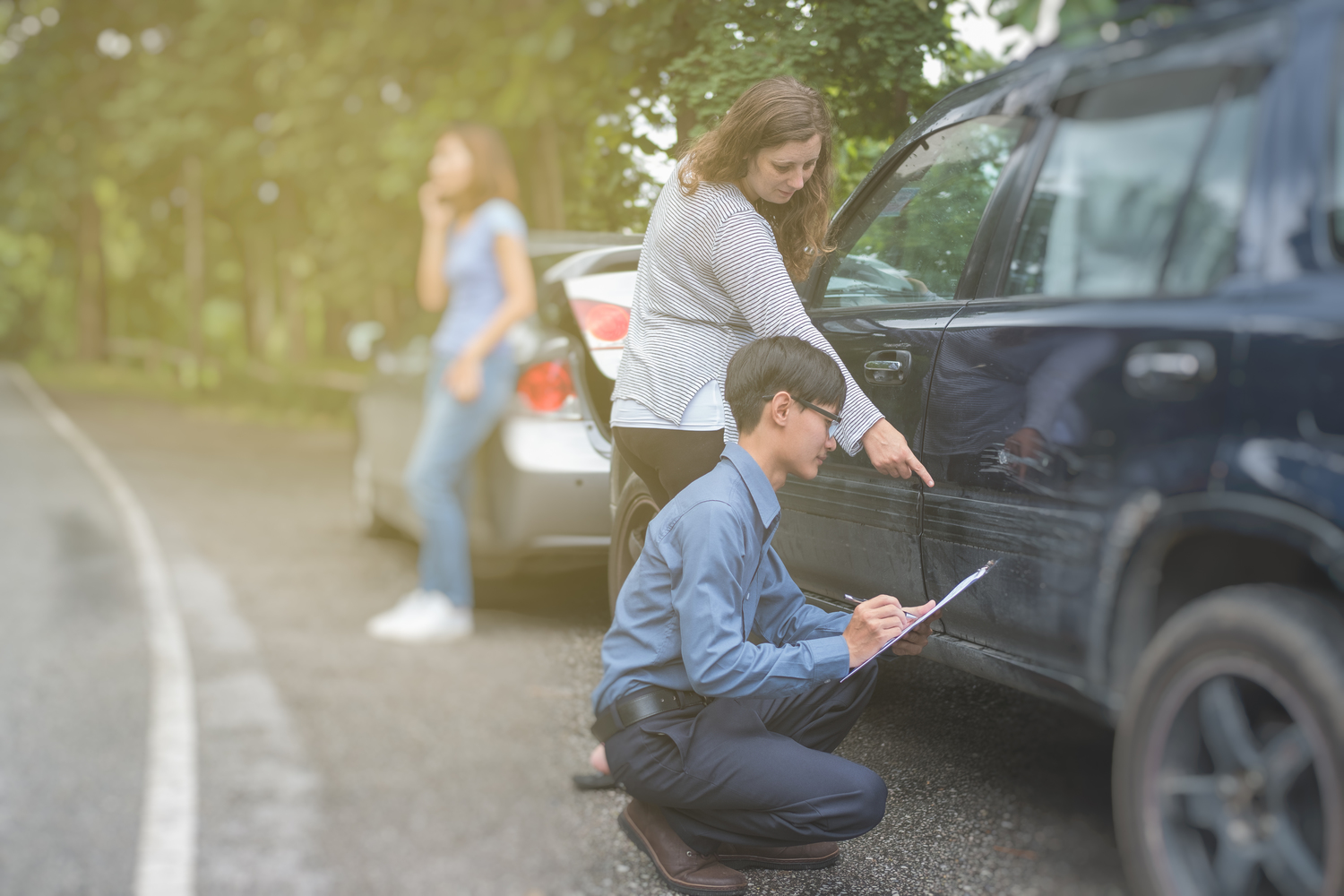
All you need to know about car insurance
Car insurance is a contract between the insurance company and the owner of the vehicle which protects the owner against any loss in case of accident or theft or any damage to the insured car. A small premium is paid and the car company insures your car against any loss or damage arising on the behalf of misfortune.
How does car insurance work?
An insured vehicle has many pros more than uninsured vehicles. The insurance company will pay for all the losses arising due to collision or damage. Many rental cars can also come under this. Sometimes damage can also be covered even when you are driving a rental car. The only line of difference between a rental policy and standard policy is that the standard policy is subject to deduction. In addition to normal benefits, rental car insurance also covers crash and theft damage coverage.
Who is covered under car insurance and under what circumstances
Generally, a car insurance policy covers the owner of the car and other family members who drive the owner’s car. The policy also covers someone; who is not listed as the family member under the policy but was still driving the car with the owner’s consent. The personal car insurance will only cover personal driving, driving to work, running errands or traveling for a vacay or trip. If the car is used for commercial purposes, then the insurance company will not provide coverage for personal insurance. Services like Ola and Uber do not come under this insurance coverage. However, insurance companies provide supplemental products at more costs for extension of service for vehicle owners, which also include ride-sharing services like Ola and Uber.
Is insurance coverage for cars mandatory?
It is mandatory in some states and not mandatory in some others. While financing a car, the lender may have his/her own requirements. Almost every state requires insurance. The basic mandatory points are:
- Liability of bodily injury: It covers all the financial losses associated with death or injury of the owner or any other person who was driving the car during the accident.
- Liability of damage of property: This covers all the damages caused by the owner or the person driving the insured car to another vehicle or physical property. The damages to the other person are reimbursed.
Along with these, it is mandatory in many states that the owner should have the following:
- Medical payments or personal injury protection (PIP): It reimburses medical expenses for injuries to the owner or driver and the passengers. Wages lost and other expenses will be covered.
- Uninsured motorist coverage (UMC): It reimburses the loss if the accident is caused by a driver who does not have car insurance or is a victim of a hit and run case. It will also cover costs when the other driver is incapable to pay you the cost of damages in case of his fault.
Even if the above-mentioned policies might not be compulsory in some states, they can be added for additional financial protection.
What is the time frame for policy renewal?
Generally, the policies are listed for six months to one-year time frames. They can be renewed post six months or one year according to their expiry date. Generally, the insurance company sends a notice prior to the renewal period.



